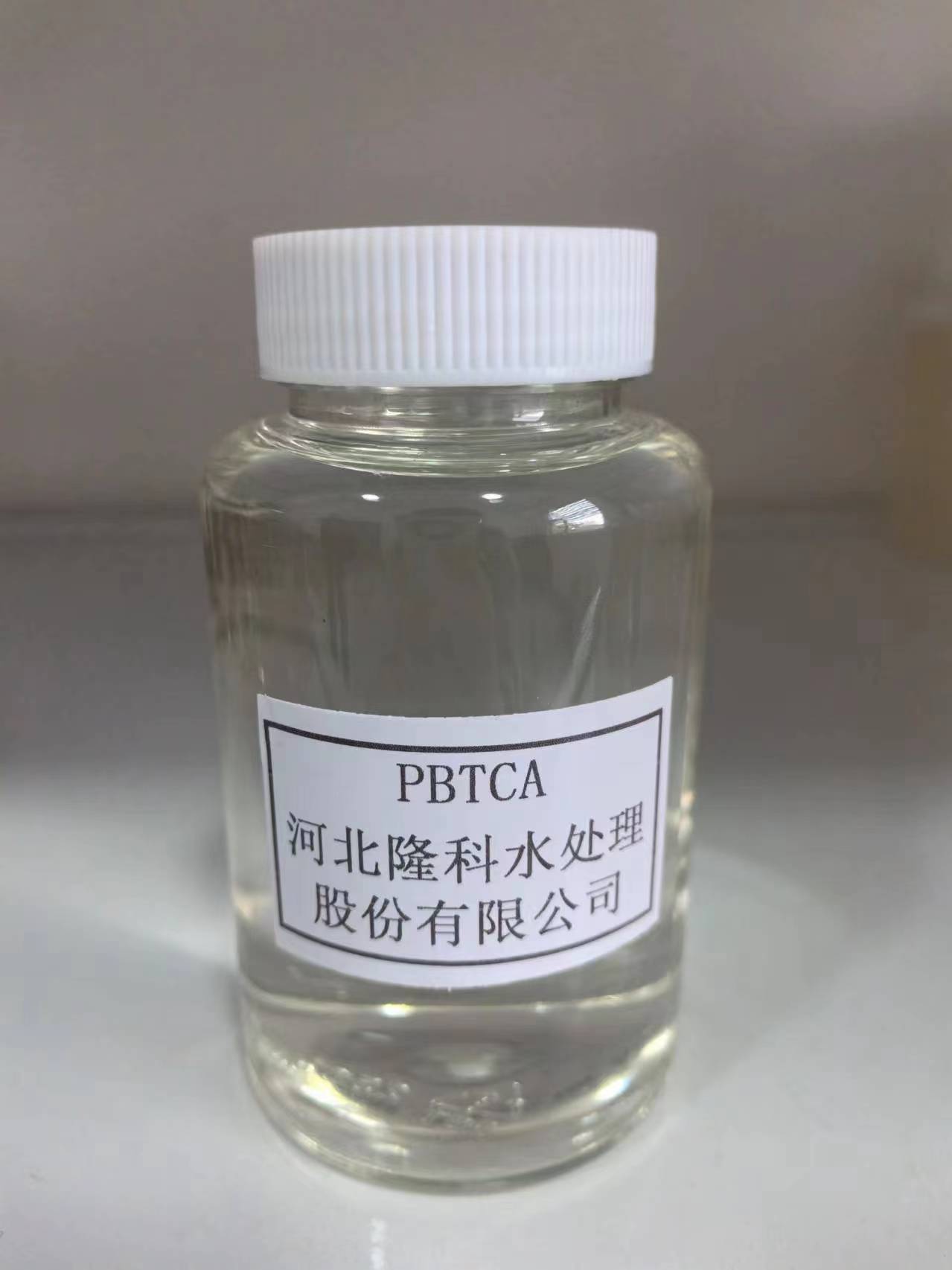ກ.ກ. . 10, 2024 20:55
Back to list
Effective use of flocculant chemicals in water treatment processes for improved purification results.
Water treatment is a crucial process that ensures the safety and cleanliness of our water supply. One important component of water treatment is the use of flocculant chemicals.
Flocculant chemicals are substances that are added to water to help particles clump together and settle at the bottom of a container. This process, known as flocculation, allows for easier removal of impurities from the water.
There are several types of flocculant chemicals used in water treatment, including inorganic and organic compounds. Inorganic flocculants, such as aluminum sulfate and ferric chloride, work by creating an electrical charge that attracts particles and causes them to clump together. Organic flocculants, on the other hand, are made from natural substances like starch or polyacrylamide and work by binding to particles and forming larger flocs.
The choice of flocculant chemical depends on the specific impurities present in the water and the desired treatment outcome. In some cases, a combination of different flocculants may be used to achieve the best results.
One of the key benefits of using flocculant chemicals in water treatment is their ability to significantly improve the efficiency of the treatment process

flocculant chemicals for water treatment . By causing particles to clump together, flocculants help to increase the rate of sedimentation and filtration, resulting in clearer and cleaner water. Additionally, flocculant chemicals are effective at removing a wide range of impurities from water, including suspended solids, organic matter, and heavy metals. This makes them an important tool in addressing water pollution and ensuring the safety of drinking water. However, it is important to note that the use of flocculant chemicals in water treatment must be carefully monitored to ensure that the correct dosage is applied. When used in excess, flocculants can potentially cause harm to aquatic ecosystems and human health. Proper training and regular testing are essential to ensure the safe and effective use of these chemicals. In conclusion, flocculant chemicals play a vital role in water treatment by helping to remove impurities and improve the overall quality of our water supply. By understanding the different types of flocculants available and their specific applications, water treatment professionals can effectively utilize these chemicals to ensure the delivery of clean and safe water to communities around the world.

flocculant chemicals for water treatment . By causing particles to clump together, flocculants help to increase the rate of sedimentation and filtration, resulting in clearer and cleaner water. Additionally, flocculant chemicals are effective at removing a wide range of impurities from water, including suspended solids, organic matter, and heavy metals. This makes them an important tool in addressing water pollution and ensuring the safety of drinking water. However, it is important to note that the use of flocculant chemicals in water treatment must be carefully monitored to ensure that the correct dosage is applied. When used in excess, flocculants can potentially cause harm to aquatic ecosystems and human health. Proper training and regular testing are essential to ensure the safe and effective use of these chemicals. In conclusion, flocculant chemicals play a vital role in water treatment by helping to remove impurities and improve the overall quality of our water supply. By understanding the different types of flocculants available and their specific applications, water treatment professionals can effectively utilize these chemicals to ensure the delivery of clean and safe water to communities around the world.
Share
Latest news
-
Pbtc Scale InhibitorPBTC: A Scale Protector for Industrial Water TreatmentNewsAug.05,2025
-
Organic Phosphonate: An Efficient Defender in the Field of Scale InhibitionNewsAug.05,2025
-
Hydrolyzed Polymaleic Anhydride: Green Pioneer in Scale Inhibition FieldNewsAug.05,2025
-
PAPEMP Polyamino Polyether Methylene Phosphonic Acid For SaleNewsAug.05,2025
-
Flocculant Water Treatment: A Pioneer in Purification in the Field of Water TreatmentNewsAug.05,2025
-
Benzyl Isothiazolinone: An Efficient and Broad-Spectrum Antibacterial Protective GuardNewsAug.05,2025





